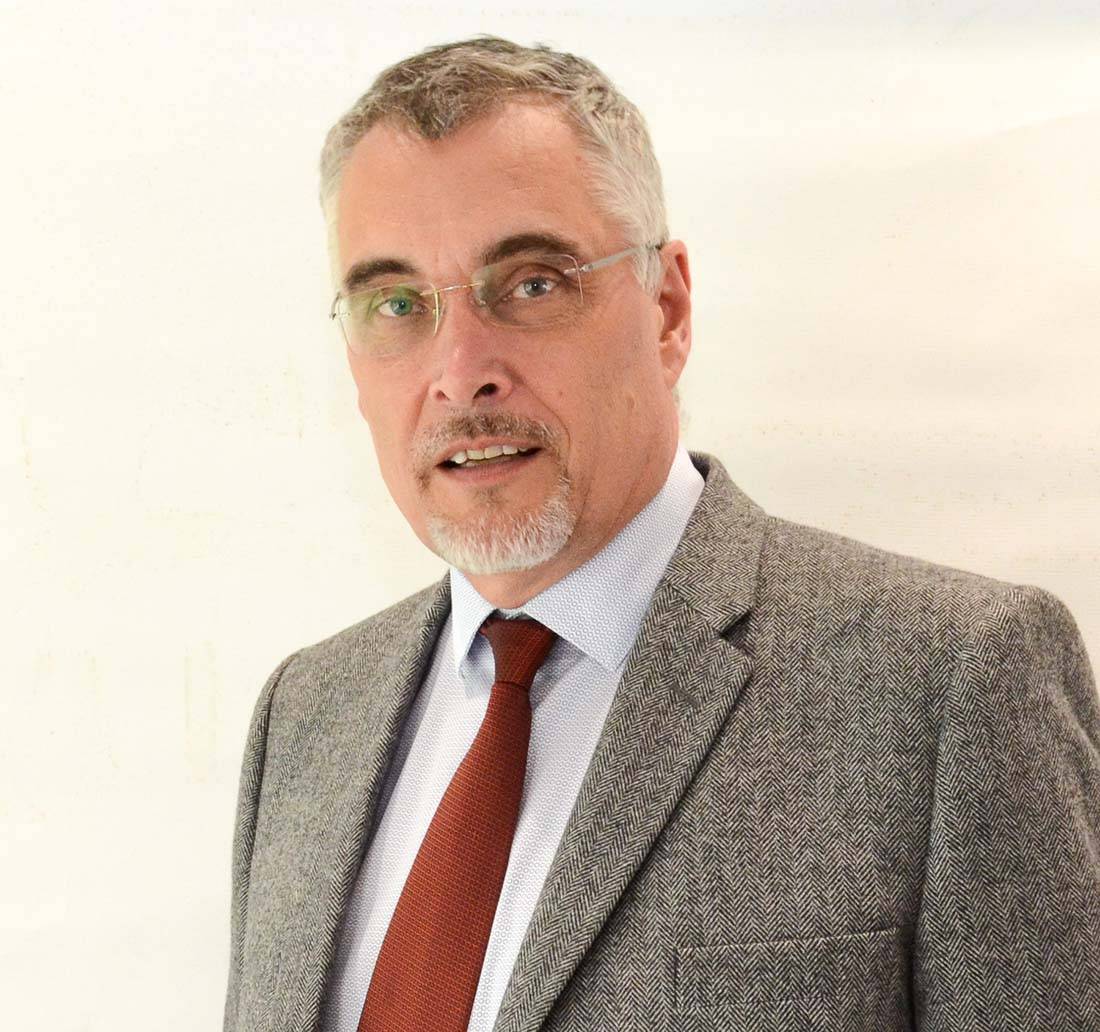This week, one year ago, calamity was closing in.
COVID has been a crisis of disruption - it’s a year later, and the world is a changed place.
We’ve been disrupted on a mega-colossal scale. Humanity has had to learn adapt in unprecedented ways. We’ve seen folly and heroism, and the casualty count has been catastrophic.
Never has the truth been so besieged by nonsense, and never have cool heads and kind hearts so desperately needed to prevail.
The challenges of survival have shifted patterns of human working, buying, travelling, interacting, loving, and politicking.
The world can never be the same – probably in ways we will not understand for years.
What can we learn from the pandemic experience?
I have personally became intrigued by a cluster of adaptive patterns that I see described in business literature and observe in personal experience.
I coined a shorthand phrase to describe it:‘the agile equation’:
“Survival through disruption is a function of agility – the capability to adapt to rapidly changing and unclear or unknown circumstances.
Agility requires, at a minimum, innovation, collaboration, and a relentless focus on open thought and critical problem-solving for value in multi-stakeholder ecosystems.
Agility is degraded by authoritarian behaviour and compliance-driven work practices, and enhanced by humility, autonomy, voluntarism, and trust.
Agility seeks to optimise for multiple stakeholders, not to maximise for any single grouping.
Agility hinges on new paradigms, mindsets and ways of working that are incompatible with the machine metaphors of the 20th century.”
The agile equation nudges us towards different ways of seeing success, different ways of working, and different ways of leading. It nudges us to new mindsets, new maps, and new strategies. I believe it can also nudge us towards a deeper community, sustainability, and regeneration.
If we can build something on the devastation left by COVID, let it be a more human possibility - based upon something like the agile equation.
The challenge we are taking up at Cornerstone is to contribute to the shifts that promote the agile equation. We are interested in education that frees the human imagination, and makes space for vitality.


0 Comments